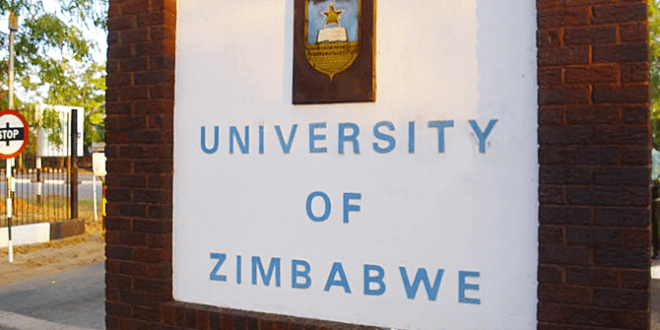
IT is indisputable that our otherwise very beautiful country Zimbabwe is going through some really trying times, adversities which citizens have endured for many years now.
And each passing year, as the unrelenting hard times persisted, thousands upon thousands — amounting to millions — have since the country’s independence in 1980 decided to throw in the towel and migrate to other nations to seek a better way of life. Many of them have never returned and will never.
Among those who have since left Zimbabwe are ordinary citizens as well as professionals and specialists in many fields that include the education sector, which is now facing a major crisis of teachers and lecturers shortage, especially at the country’s institutions of higher learning, where we now hear students are enduring longer semesters due to a reported dearth of lecturers.
We also understand that this situation is gravely compromising the quality of graduates being churned out of our colleges and universities.
We sincerely believe that if the brain drain continues, the country is heading for trials and tribulations worse than it has witnessed so far. A calamity of unimaginable proportion lies ahead, in fact, if the nation fails to awaken now to this brain drain crisis.
Research has shown that brain drain can have some really negative impacts on the country or region from where the technocrats are leaving. Some of the impacts include reduction of human capital, limited capacity to innovate, reduced economic growth, demographic shifts and a higher cost of public goods.
And in Zimbabwe’s case, having so far been renowned for producing some of the world’s best workforce across all sectors, the brains draining away from our colleges and universities will in the medium and long term threaten the country’s reputation when half-backed graduate start being churned out of our institutions of higher learning.
It is, therefore, critical that the country earnestly begins to address the situation at our universities, colleges and schools because if we keep losing the very people who are producing the doctors, professors, engineers, technicians, scientists, business managers, teachers, nurses — you name them, being sought after by the world out there, then this spells disaster.
- Mavhunga puts DeMbare into Chibuku quarterfinals
- Bulls to charge into Zimbabwe gold stocks
- Ndiraya concerned as goals dry up
- Letters: How solar power is transforming African farms
Keep Reading
Those in charge of the institutions, which is government, must make an effort to stop the brain drain at our institutions. We are, however, by no means suggesting that government should craft laws that will stop people leaving for greener pastures as it has reportedly done in the health sector, where it is allegedly making it near impossible for the health workers to leave the country.
Government should simply address the needs of the lecturers at our colleges and universities because, as it is, those lecturers are mainly being driven into the diaspora because of poor remuneration and working conditions, which we believe are issues within government’s capacity to sort out. The sooner government creates conditions of service attractive to the lecturers, the better for us all.






